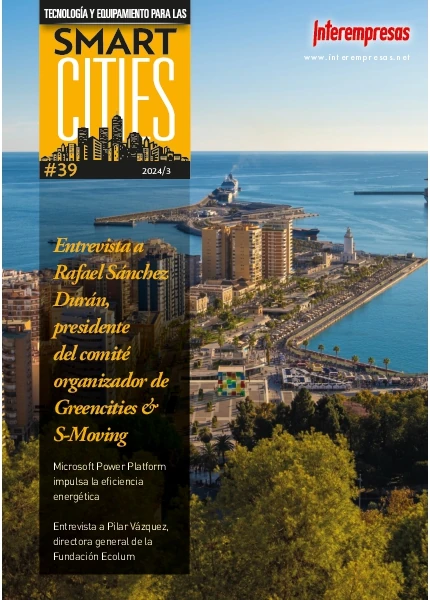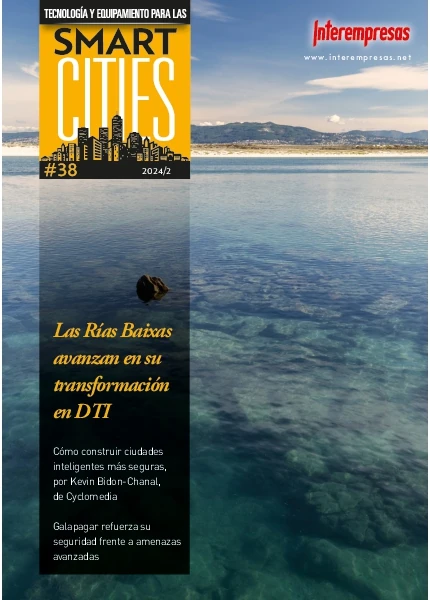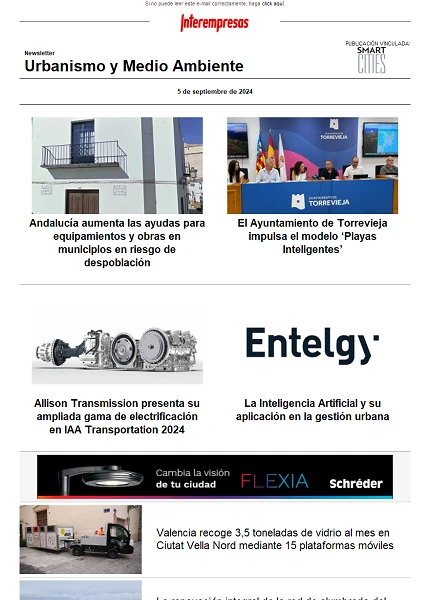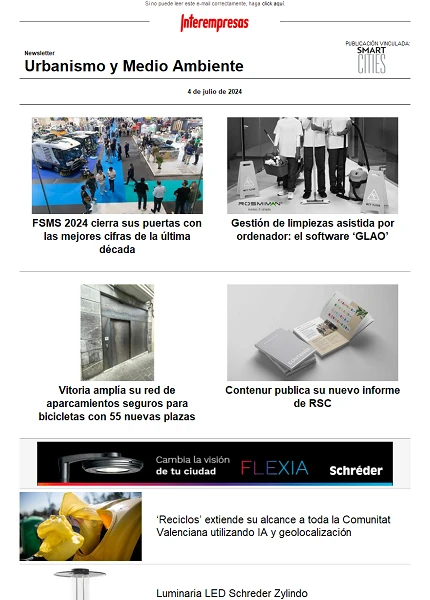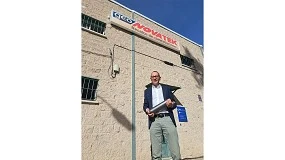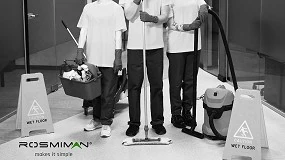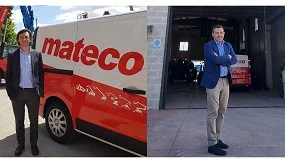Spain processed 314,000 tons of tires, 10% more than the average for the EU
May 12, 2010
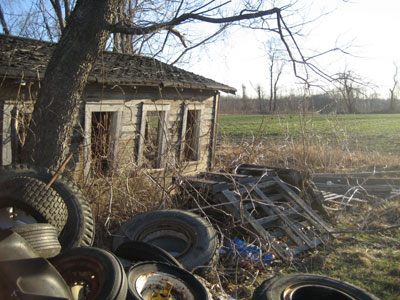
At December 31, 2009, Spain dismissed the year with a volume of tires no longer in use (NFU) of 314,000 tonnes, according to a report by the European Association of manufacturers of tires and rubber products (ETRMA, in English). That figure puts the country 10% above their counterparts outside the European Union. At the same time, this figure represents 100% of the treatment of tires, with a consequent reduction of the environmental impact. 70% Of treated NFU is intended in subsequent uses of reuse or recycling. Of this amount, the 50 per cent (153,000 tons) only recycled, 8% is reused directly, provided that the cover allows it, and 12% recauchuta. The remaining 30% is transformed into alternative fuel for use in cement. The report gives other conclusions. For example, that the Spanish market is the fifth of the European Union that more NFU produces annually, just behind Germany (568,000 tons), United Kingdom (508.000), Italy (421.000) and France (369,000 tonnes). Although the process of recycling of tyres at the end of their useful lives can be improved if expands the utilities of the rubber, the starting point in Spain is positive with respect to other countries. The management right through the network of plants for the collection and treatment, in collaboration with the two integrated existing management systems (Signus Ecovalor and TNU'AT), prevents that such waste will end up in landfills. Not the case in other markets such as the Italian or the British where only deal 83% and 95% respectively, the generated volume.

The rubber and its subsequent use as energy fuel
"Although the rubber recycling more and more with new applications, a large part of the same is used as alternative fuel for energy purposes," says Alicia García-Franco, Director general of the Spanish Federation of recovery and recycling (FER). For the Federation, Member of the Organizing Committee of the Hall of the recycling and recovery, the sector offers great potential. "To optimize the technological capacity of the plants of recovery and recycling of NFU - adds - it is necessary to promote new projects and sensitizing the choices society which offers recycled rubber, so that they consume products made with this material." In general, the rubber is a malleable and versatile material and recycling allows a large number of utilities. The different fractions of the rubber can be used to produce elastic soils prefabricated in the form of tiles, sheets or rolls, for sports flooring or playgrounds.
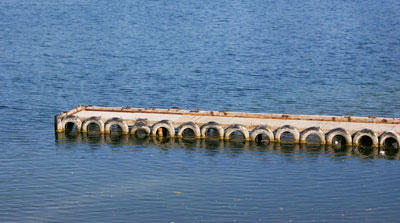
Also, the particles of intermediate size can be allocated to fill fields of artificial turf and the finest, as an additive to improve the quality of the asphalt mixtures and as a component for the production of parts in the rubber industry. Rubber include addition, insulating, thermal and acoustic, properties in a segment still in the process of development. In short, applications which provide a useful and efficient access to the high volume of tires no longer in use that is generated each year. Some of these advances will be viewed in the lounge of the recycling and recovery, which will coincide with the international fair of urban planning and the environment, Tecma 2010. From 8 to 11 June, the Madrid fair grounds showed a clear vision which is heading the recovery and recycling of products such as tires no longer in use.

